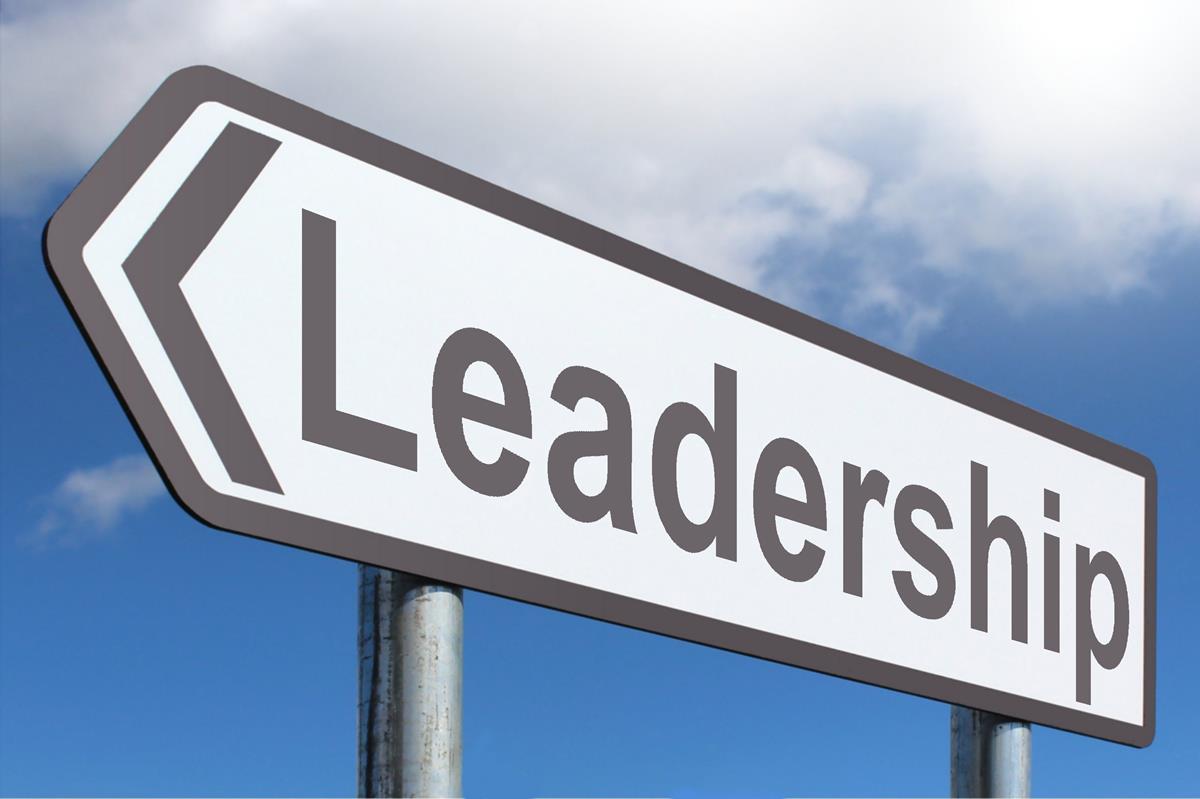Effective leadership is a cornerstone of success in any organization or team. It involves the ability to guide, motivate, and inspire individuals toward a common goal while fostering a positive work environment. In this article, we’ll explore the concept of effective leadership, its key attributes, skills, styles, and why it holds such significance in modern society.
What are the 5 Keys to Effective Leadership?
Effective leadership encompasses several key elements that set the foundation for success:
- Vision and Strategy: An effective leader has a clear vision for the future and a strategic plan to achieve it. This vision provides direction and purpose for the team.
- Communication: Effective leaders excel in communication. They listen actively, express themselves clearly, and ensure that everyone understands the mission and goals.
- Empathy: Empathy is crucial for understanding the needs and concerns of team members. Leaders who demonstrate empathy build trust and foster collaboration.
- Adaptability: In a dynamic world, strong leaders are adaptable. They can pivot, make informed decisions, and navigate through change effectively.
- Accountability: Effective leaders hold themselves and their team members accountable for their actions and decisions. This fosters a culture of responsibility and integrity.
What are the 7 Skills of Effective Leadership?
- Decision-Making: Leaders must make tough decisions, often under pressure. Effective leaders use data, input from their team, and critical thinking to make informed choices.
- Conflict Resolution: Conflict is inevitable in any group. Strong leaders can address conflicts constructively, finding solutions that benefit all parties.
- Motivation: Inspiring and motivating team members is a core leadership skill. Effective leaders understand what drives their team and leverage that knowledge to boost productivity.
- Delegation: Leaders must delegate tasks and responsibilities appropriately. This empowers team members and ensures that work is distributed efficiently.
- Time Management: Effective leaders manage their time effectively to prioritize tasks, meet deadlines, and set an example for their team.
- Emotional Intelligence: Leaders with high emotional intelligence can navigate complex social situations, build relationships, and manage their own emotions effectively.
- Innovation: In a rapidly changing world, leaders who encourage innovation and creative problem-solving can help their organizations thrive.
Why is Effective Leadership Important?
Effective leadership is crucial for several reasons:
- Organizational Success: Strong leadership drives organizational success by setting a clear direction and fostering a high-performance culture.
- Employee Engagement: Effective leaders engage and motivate employees, leading to higher job satisfaction and lower turnover rates.
- Problem Solving: Leaders guide teams through challenges and facilitate problem-solving, ensuring the organization can adapt and grow.
- Innovation: Effective leaders encourage innovation, helping organizations stay competitive and adapt to changing market conditions.
What is Strong Leadership?
Strong leadership goes beyond authority. It involves leading by example, inspiring others, and achieving results through teamwork and collaboration. Strong leaders are ethical, empathetic, and dedicated to the success of their teams.
What is the Best Leadership Style?
The best leadership style depends on the situation and the people involved. There is no one-size-fits-all approach to leadership. Different styles, such as transformational, democratic, or servant leadership, can be effective in various contexts. A skilled leader adapts their style to meet the needs of their team and the goals of the organization.
How to Be an Effective Leader?
Becoming an effective leader requires continuous self-improvement. Start by:
- Setting Clear Goals: Define your vision and goals.
- Improving Communication: Practice active listening and clear communication.
- Building Relationships: Foster trust and collaboration among team members.
- Developing Skills: Continuously work on leadership skills.
- Seeking Feedback: Be open to feedback and learn from your experiences.
What is the Concept of Leadership?
Leadership is the process of guiding a group of individuals toward a common goal or vision. It involves influencing, motivating, and inspiring others to achieve their full potential.
What is Modern Leadership?
Modern leadership emphasizes collaboration, adaptability, and inclusivity. It acknowledges the importance of diversity, technology, and rapid change in today’s world. Modern leaders are agile, empathetic, and open to innovation.
In conclusion, effective leadership is the driving force behind successful organizations and teams. It involves a combination of key attributes, skills, and a deep understanding of the importance of leadership in today’s rapidly evolving world. Whether you’re a seasoned leader or aspiring to be one, continuous growth and adaptation are essential in mastering the art of leadership.
